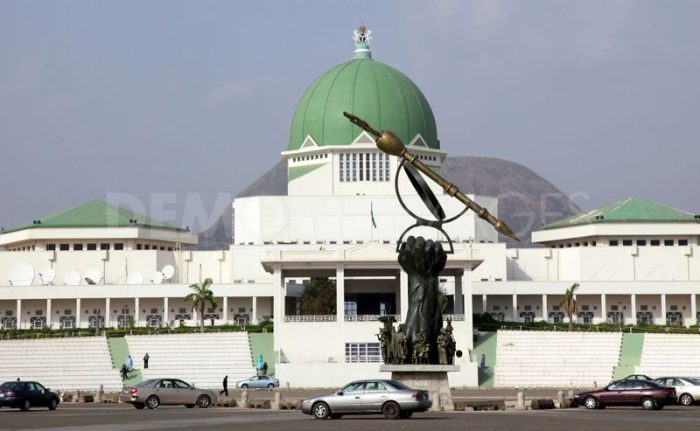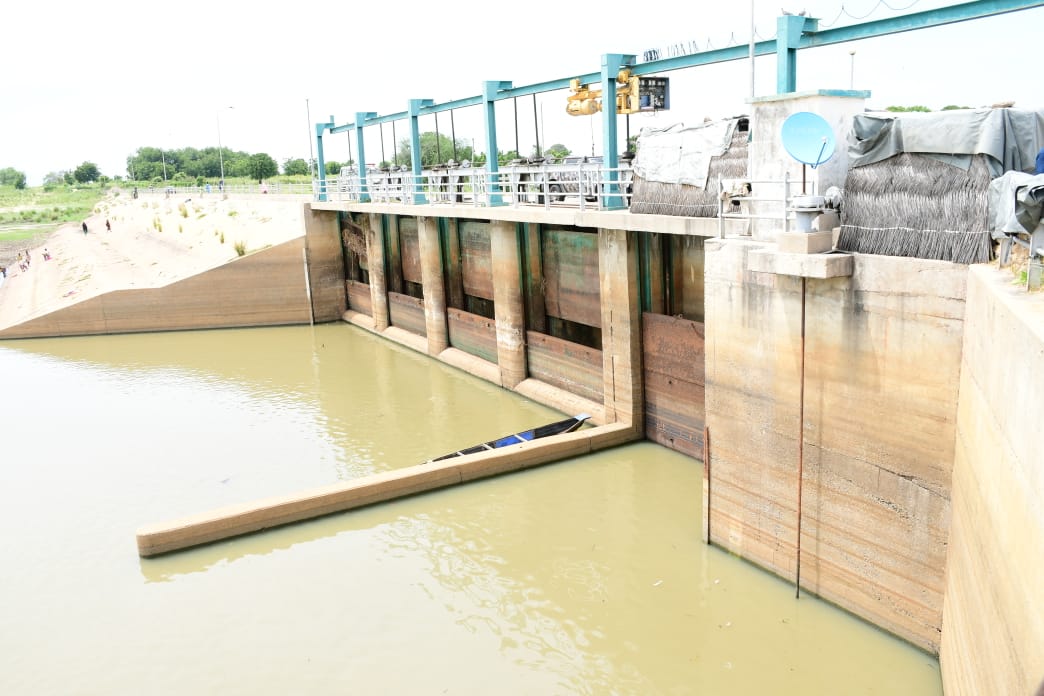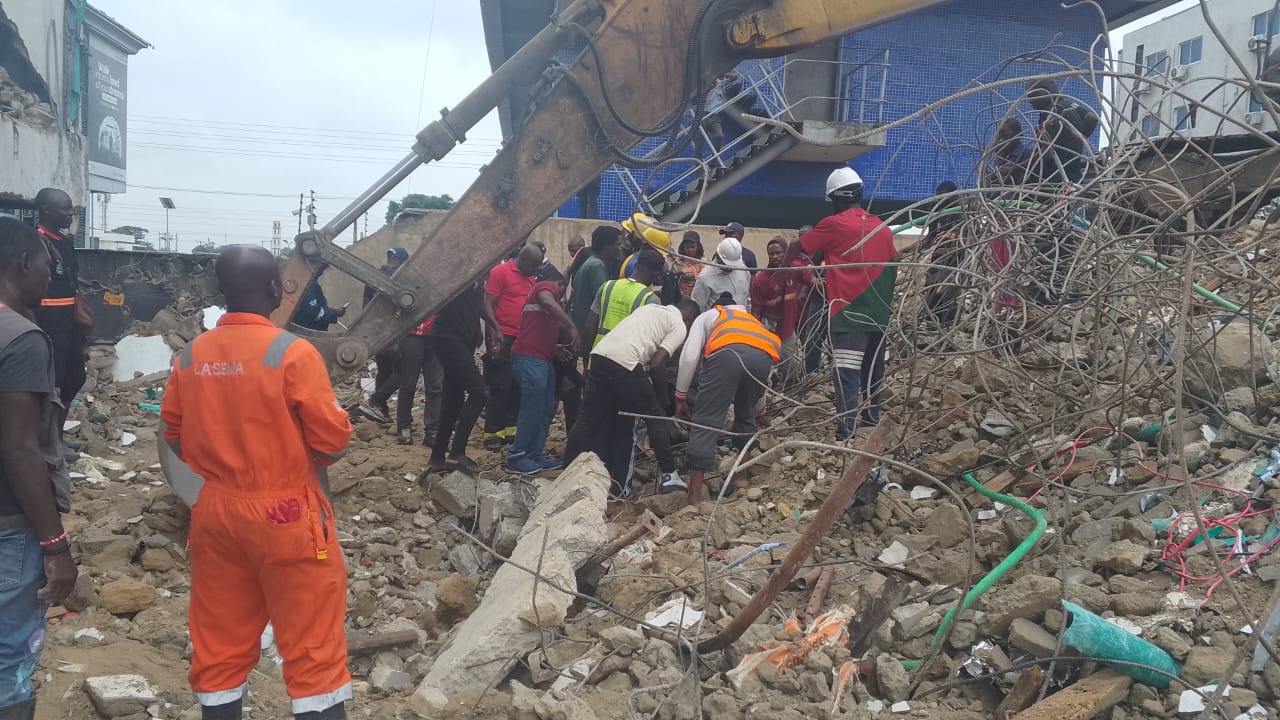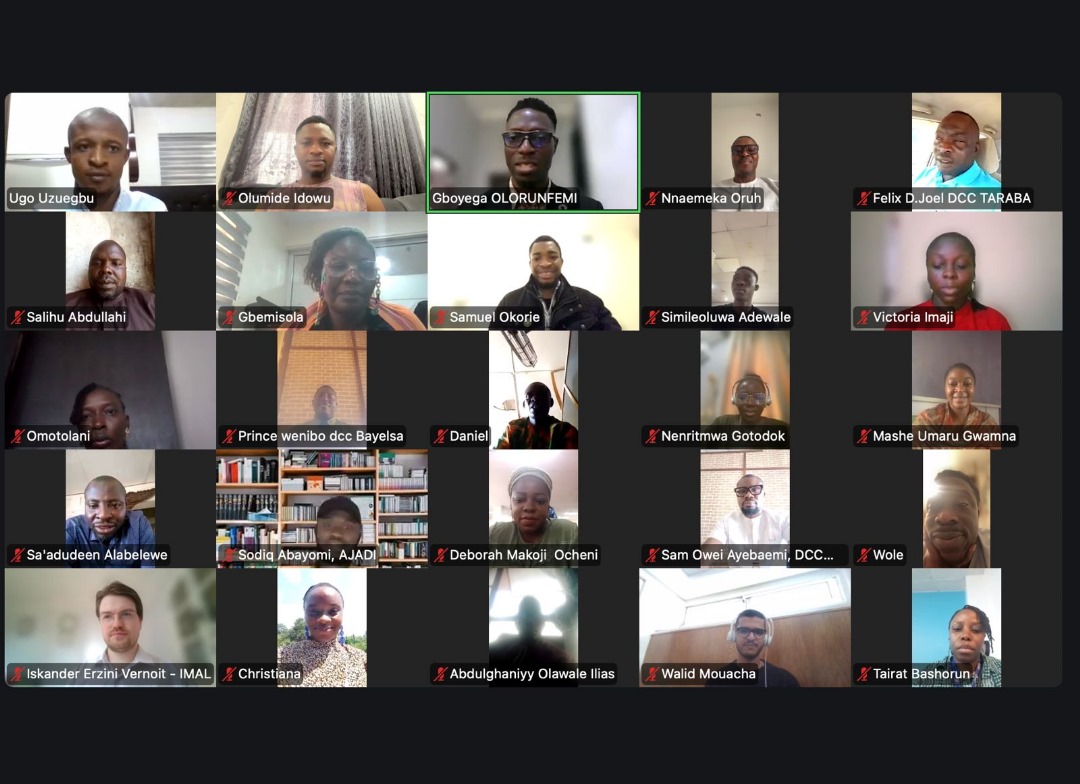FG Flags Off Three Major Water Projects to Expand Access in Benue State
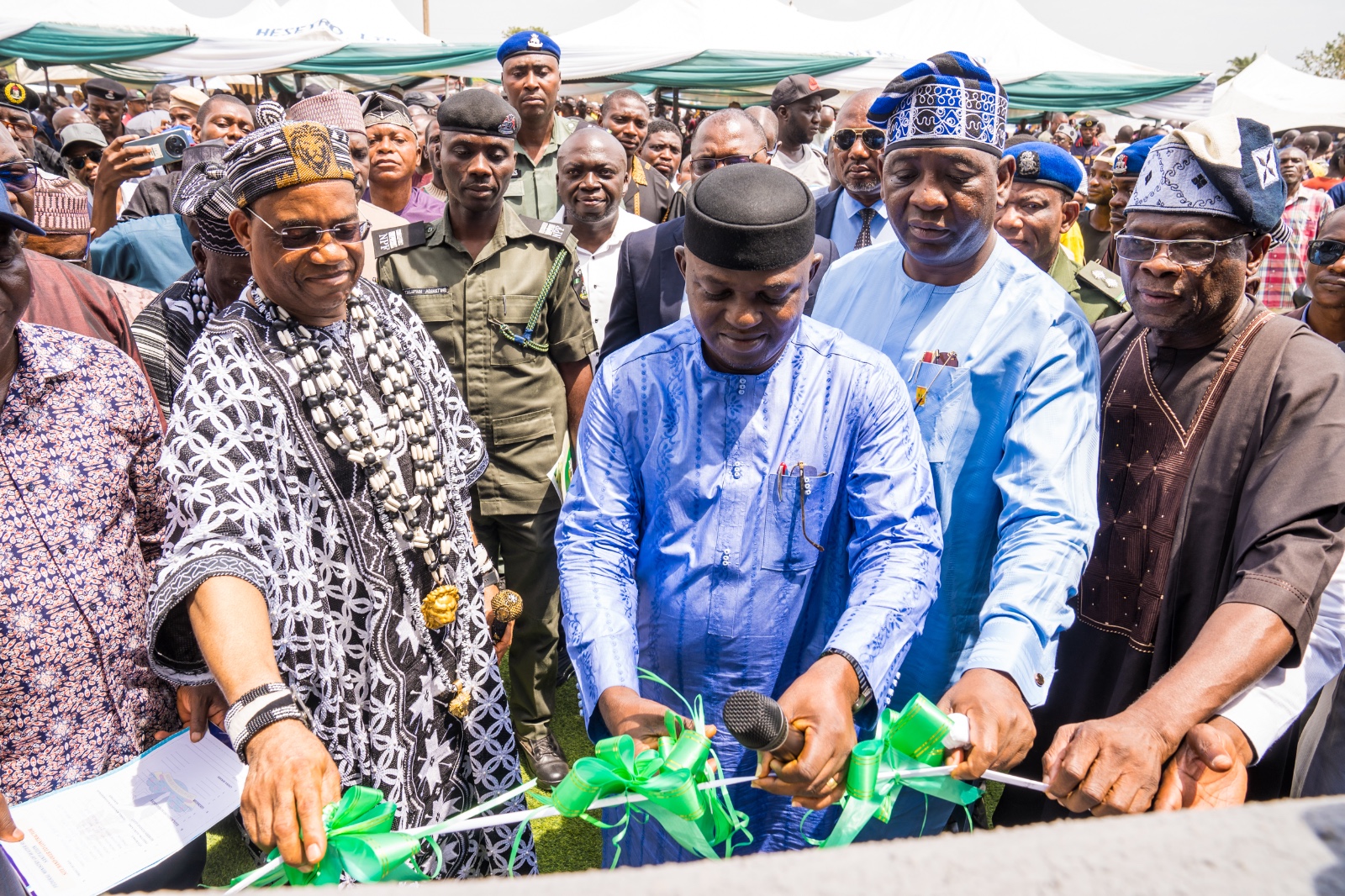
The Federal Government of Nigeria, through the Federal Ministry of Water Resources and Sanitation, has commence three major water supply projects in Benue State as part of President Bola Ahmed Tinubu’s Renewed Hope Agenda.
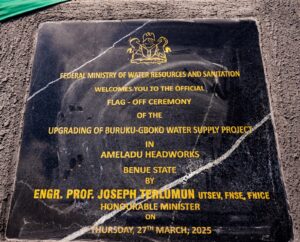
The projects rehabilitation and upgrading of the Buruku-Gboko Water Supply Project, the rehabilitation and improvement of the Wannune Water Supply Project, and the construction of the Ugbema Water Supply Project aim to expand access to potable water, improve public health, and curb waterborne diseases in the state.
Speaking at the inauguration ceremony in Gboko on Thursday, the Honourable Minister of Water Resources and Sanitation, Engr. Prof. Joseph Terlumun Utsev, reaffirmed the government’s commitment to sustainable water infrastructure.
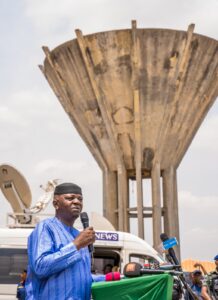
“These projects are not just about water supply; they are about transforming lives. Access to clean water is fundamental to health, economic growth, and social development. With these initiatives, we are ensuring that residents of Buruku, Gboko, Mkar, Ugbema, Wannune, and surrounding communities no longer suffer from inadequate water supply,” Utsev stated.
He highlighted the Buruku-Gboko Water Supply Scheme as a key intervention, aimed at rehabilitating vandalized infrastructure and restoring potable water to over 506,000 residents.
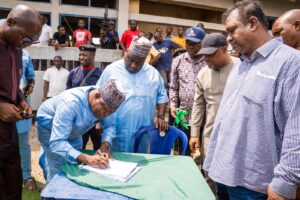
“This project involves drawing water from the Katsina-Ala River, treating it, and distributing it across key communities,” he explained.
The ₦18.89 billion project, approved by the Federal Executive Council (FEC), was awarded to Messrs Ceylon Construction Services Limited, with an estimated completion timeline of 18 months.
Utsev further detailed the scope of the rehabilitation, including the restoration of the Gboko Water Intake and Treatment Plant.
“This includes modern pumping systems adaptable to solar power, the restoration of a 7km transmission main, and the installation of a 150m³/hr Package Water Treatment Plant at Buruku station. These upgrades will significantly enhance efficiency and reliability,” he added.
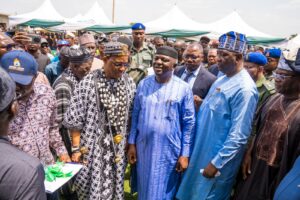
State Government Applauds Federal Intervention
Benue State Governor, Rev. Fr. Hyacinth Alia, represented by Deputy Governor Barr. Sam Ode, commended the initiative, describing it as a long-overdue intervention that would significantly improve the lives of Benue residents.
“This project is a testament to President Tinubu’s commitment to the welfare of Nigerians. Water is life, and this administration has shown that it prioritizes the needs of the people. We must work together to ensure the sustainability of these projects,” Ode remarked.
Breakdown of Additional Projects
The Ugbema Water Supply Project includes:
Five standalone solar-powered boreholes with fetching points and lighting
Four industrial solar-powered boreholes
A 200m³ Braithwaite surface tank
A 150m³ elevated tank on a 12m stand
A 50m³/hr treatment plant
Similarly, the Wannune Water Supply Project consists of:
Four industrial solar-powered boreholes
Four 100m³ elevated steel-welded tanks
A mini treatment plant
Power connections and solar lighting for enhanced functionality
Commitment to Project Sustainability
The Permanent Secretary of the Ministry, Mr. Richard Pheelangwah, emphasized that the projects were designed to meet the highest standards and would be completed on schedule.
“These projects are part of a broader national effort to ensure sustainable water supply. We are not just providing water; we are securing the health and future of communities,” Pheelangwah noted.
READ ALSO: Mr. Nigeria Congratulates Abdulkadir Sharafadeen on His Swearing-in as NUJ NASS Chapel Chairman
Woman Arraigned for Allegedly Stealing Baby Boy in Anambra
The Director of Water Supply and Support Services, Babarinde Mukaila, added that the newly rehabilitated water schemes are expected to provide a reliable and sustainable water system, ensuring uninterrupted access to potable water for residents of Buruku, Gboko, Mkar, Ugbema, Wannune, and adjoining areas.
The inauguration of these projects marks another milestone in the Federal Government’s drive to close the infrastructure gap in the water sector and improve the quality of life for Nigerians.

